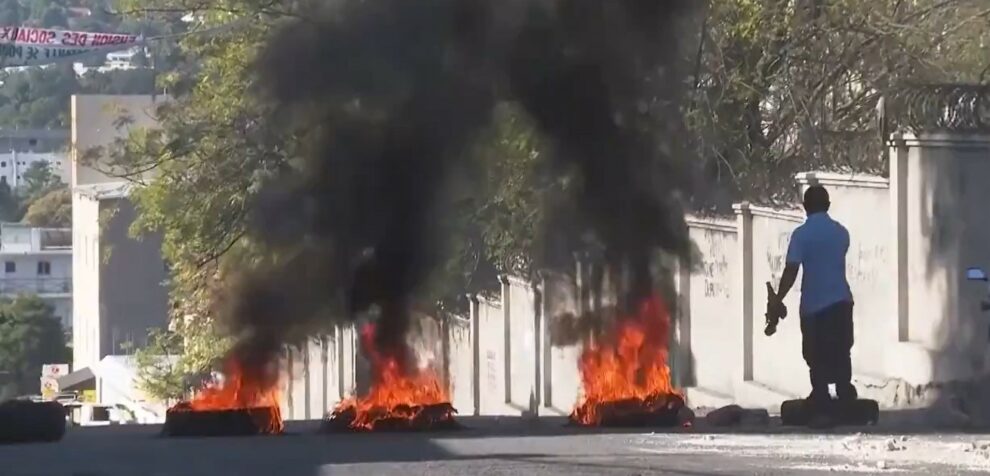The United Nations reiterated to countries Wednesday that people fleeing the spiralling violence in Haiti should be granted refugee protection and not be forcibly returned.
The UN refugee agency issued new legal guidance to ensure the Haitians most at risk are protected, amid growing concerns of mass displacement.
“Haitians’ lives, safety, and freedom are threatened by a confluence of skyrocketing gang violence and human rights violations,” Elizabeth Tan, head of UNHCR’s international protection division, said in a statement.
The agency, she said, wanted to remind states “of the imperative to ensure Haitians who may need international refugee protection receive it”.
“We also reiterate our call to all states to not forcibly return people to Haiti, including those who have had their asylum claims rejected.”
In its new guidance, the UNHCR noted that a broad range of categories of people in Haiti could have a right to protection under the 1951 Refugee Convention.
“Haitians who should be deemed eligible for refugee protection may include political activists, journalists, judges, lawyers and others fighting corruption and crime, among other risk profiles,” it said.
It also emphasised that under the 1984 Cartagena Declaration defining regional refugee rules, protection should be extended to “individuals affected by circumstances that seriously disturb public order in the country and by generalised violence in areas impacted by gang activities”.
After years of chaos and worsening violence, Haiti has been convulsed for weeks by a gang uprising, leading the chief of the UN children’s agency to compare the situation to the post-apocalyptic film “Mad Max”.
The gang violence has surged since late February when armed groups raided a prison and released thousands of inmates as they demanded Prime Minister Ariel Henry resign.
Last week Henry agreed to step aside to allow the formation of an interim government, and talks are under way to form a transitional council for eventual elections.
But there is no official timeline for such a council, leaving Haiti with no president or parliament.
Its last election was in 2016.
The UNHCR said that as of mid-2023 it had documented 312,000 Haitian refugees and asylum seekers worldwide.
And it cautioned that it was seeing a “concerning trend of Haitians undertaking dangerous journeys across continental America and the Caribbean, where sea voyages pose heightened risks”.
Amy Pope, the head of the UN’s International Organization for Migration, also spoke this week of “widespread concerns about whether people will be pushed out and take to the seas”.
“We’re working with governments across the Caribbean and the United States to monitor the movement of people and to be prepared to respond, should there be increased displacement,” she told AFP.
